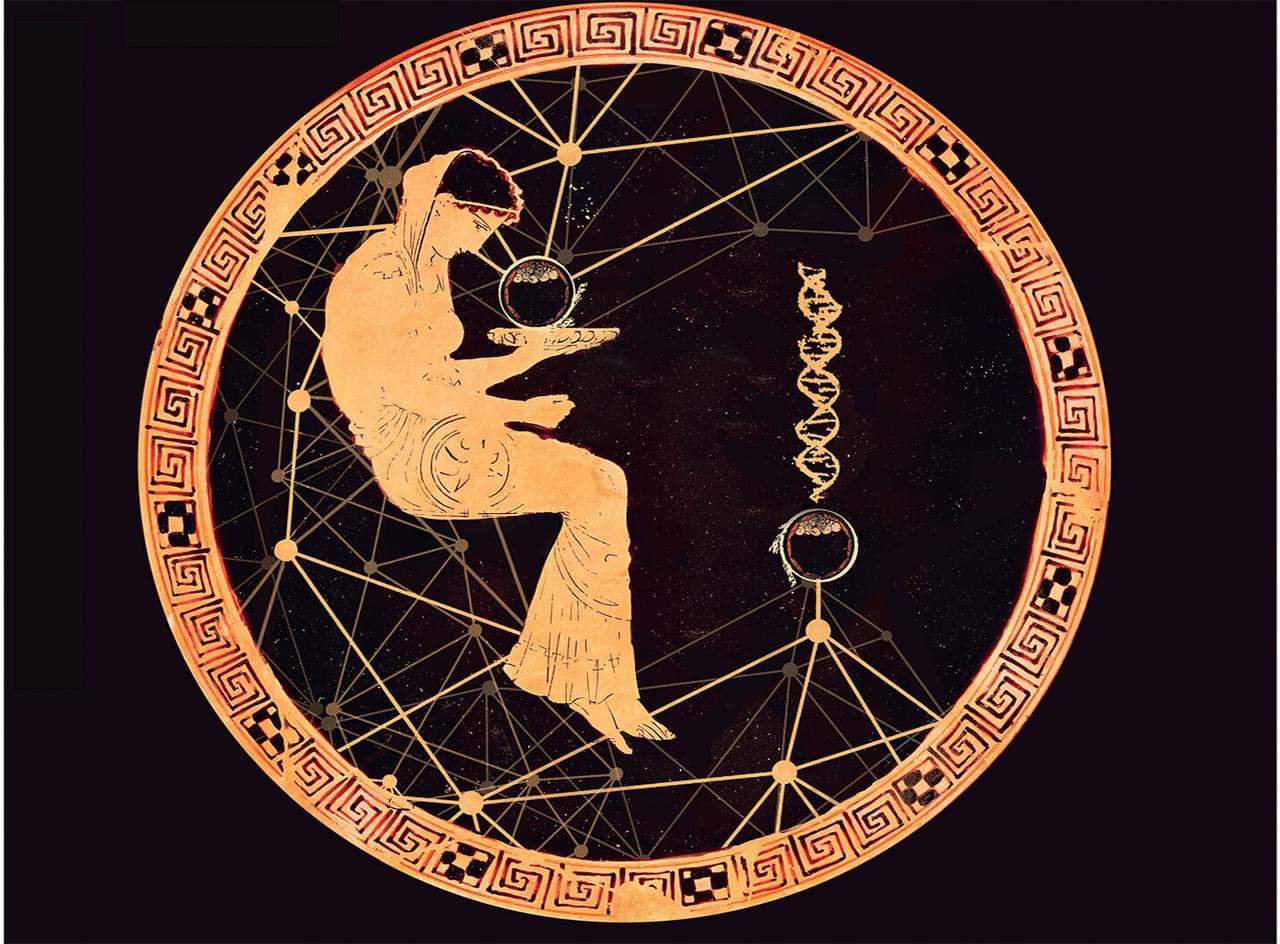News
15 April 2025
Light sheet microscopy: A decade-long journey from DIY innovation to cutting-edge imaging
A look at the technology that provides researchers with deeper insights into complex biological systems.
Read Article
Investigator Ting Xie, PhD, was recently awarded a new grant by the National Eye Institute of the National Institutes of Health to study aspects of mammalian eye development and function. This highly competitive grant totals more than $1.2 million over three years.
The grant will support research on an eye structure called the ciliary body, which is important for lens function and for production of the aqueous humor, the fluid that maintains pressure in the eye. Prior studies by the Xie Lab identified a key signaling pathway involved in the formation of the ciliary body in mice. The long-term goal of this work is to gain a greater understanding of the molecular signals and mechanisms that control mammalian ciliary body development and secretion.
Xie says these research efforts may provide insight on conditions of the human eye such as anterior segment dysgenesis (ASD), a spectrum of disorders affecting eye structures including the ciliary body, iris, and cornea. About half of individuals with ASD develop glaucoma, an increase of pressure within the eye that can cause loss of vision. Understanding the signals and mechanisms underlying the pathogenesis of glaucoma and other eye ailments may help enable the development of better treatments for these conditions.
News
15 April 2025
A look at the technology that provides researchers with deeper insights into complex biological systems.
Read Article
News
11 April 2025
“There are few rewards as powerful and as elevating as making a clear, robust scientific observation that advances the field.”
Read Article
News

09 April 2025
New study shows how we can better learn our genome’s hidden grammar, potentially paving the way for personalized medicine.
Read Article
